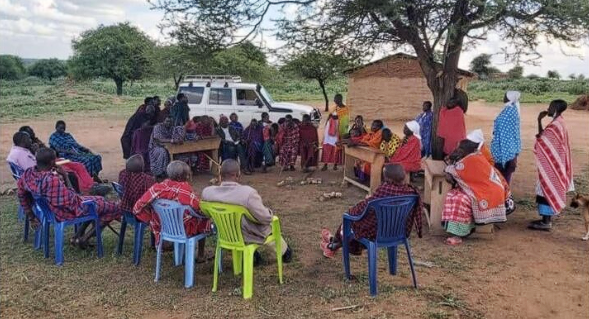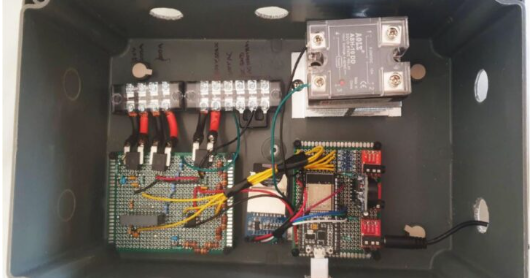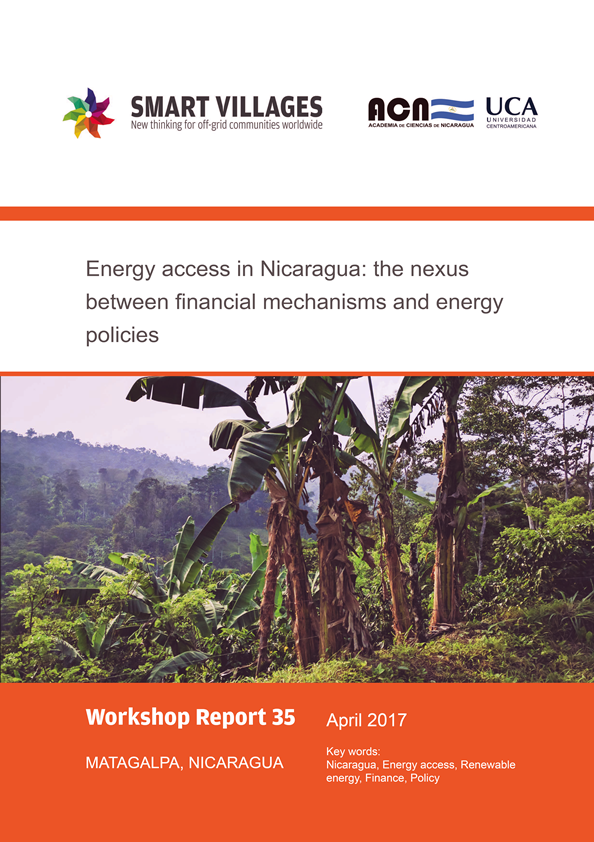Human Centred Design of Telehealth System – Report
This report details the human-centered design approach taken by STI4D and OMASI to design the Telehealth system, as part of the InnovateUK funded project: ‘Innovative Access to Healthcare in Remote Communities‘. This document does not standalone, and is supported by numerous reports describing the research questions the HCD process seeks to answer, and the outcomes …
Human Centred Design of Telehealth System – Report Read More »



















